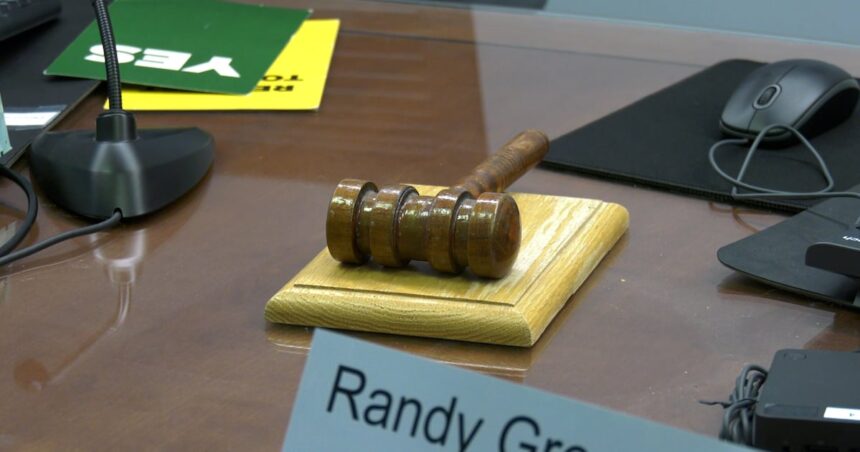As I watch the Ontario legislature’s latest move on municipal accountability, I can’t help but reflect on conversations I’ve had with frustrated Toronto residents over the years. The provincial government has introduced legislation that could fundamentally change how ethical violations by city councillors are handled – potentially giving municipalities the power to remove elected officials who violate codes of conduct.
This proposed measure, part of the Building More Homes for Everyone Act, represents a significant shift in municipal governance oversight. Currently, municipalities can only issue reprimands or suspend pay for up to 90 days when councillors breach ethical standards.
“This is about ensuring accountability in local government,” said Municipal Affairs Minister Paul Calandra when announcing the legislation. “When residents elect their representatives, they expect them to uphold certain standards of conduct.”
The legislation would enable municipalities to petition the court to remove a councillor from office following serious or repeated code of conduct violations – provided that two-thirds of council members support the action. This supermajority requirement aims to prevent politically motivated dismissals.
Walking through City Hall yesterday, I spoke with Councillor Ana Bailão, who expressed cautious support. “While we need stronger accountability measures, we must ensure this doesn’t become a political weapon,” she noted, echoing concerns I’ve heard from several council members.
The Association of Municipalities of Ontario (AMO) has been advocating for such measures for years. Their 2022 report highlighted that 65% of Ontario municipalities had dealt with serious code violations that current penalties couldn’t adequately address.
Having covered Toronto politics for over a decade, I’ve witnessed the limitations of existing enforcement mechanisms. When Councillor Giorgio Mammoliti was found to have accepted $80,000 from developers in 2013, the harshest penalty available was a three-month pay suspension – despite the Integrity Commissioner recommending stronger action.
Municipal governance expert Dr. Zachary Taylor from Western University told me, “This represents the most significant change to municipal accountability frameworks in a generation. The question is whether it strikes the right balance between accountability and democratic representation.”
The legislation includes important safeguards. Before removing a councillor, municipalities must consult with an integrity commissioner, ensure the violation was willful or due to gross negligence, and demonstrate that existing penalties are insufficient.
Critics, including the Canadian Civil Liberties Association, warn about potential democratic implications. “Voters choose their representatives, and that decision shouldn’t be easily overturned,” said policy director Cara Zwibel when I interviewed her yesterday.
For Toronto specifically, with its history of colorful council dynamics, this could reshape political calculations. Several current councillors have faced integrity commissioner investigations in recent years, including Jim Karygiannis, who was previously removed from office (though for election finance violations, not code of conduct breaches).
The provincial government appears to be responding to calls from municipal leaders themselves. The Ontario Big City Mayors group, representing cities with populations over 100,000, formally requested such measures in 2021 after several high-profile misconduct cases across the province.
Mayor Olivia Chow’s office provided a measured response: “We’re reviewing the legislation carefully. Accountability is crucial, but so is maintaining the integrity of democratic processes.”
From my perspective, having witnessed both egregious misconduct and politically motivated ethics complaints during my reporting career, the effectiveness of this legislation will depend entirely on how it’s implemented. The two-thirds threshold provides some protection against partisan removal attempts, but municipal politics often creates strange alliances.
The legislation is expected to move forward for debate in the coming weeks, with potential implementation by early 2024. For residents concerned about local governance, this represents a significant shift in how accountability might be enforced at city halls across Ontario.
As I wrap up this piece from my downtown office, watching council chambers through my window, I can’t help but wonder whether this new tool will strengthen local democracy or introduce new complications. The answer, like most things in Toronto politics, will likely be somewhere in between.







